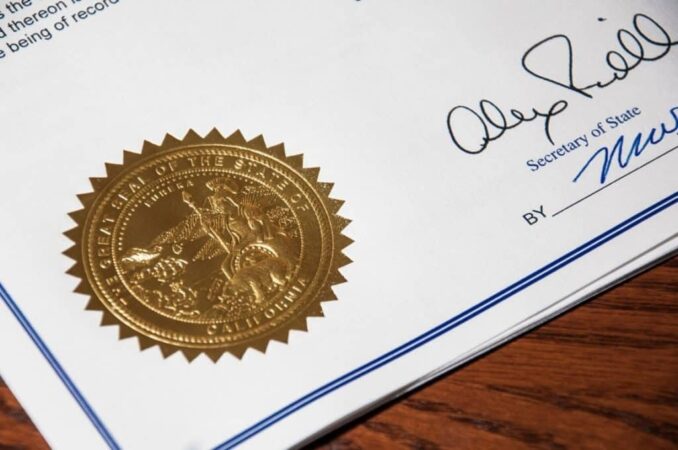The validation of documentation serves as a critical step in legal procedures across various fields, including but not limited to business, law, and education. It’s a necessary process that verifies the legitimacy of a document, consequently reducing the potential for fraudulent activities, enhancing accountability, and ensuring smooth international transactions. This role of document validation highlights the global emphasis on appropriately validated documents.
Two commonly utilized methods in the arena of document validation are notarization and apostilles. Notarization involves a notary public verifying the authenticity of signatures on a document, while an apostille is a form of certification recognized by nations partaking in the Hague Convention, such as apostille Canada, facilitating international acceptance of public documents. This article explores these two methods, providing clarity on their respective processes, their use-cases, and the differences between them.
What is Notarization?

Source: taltys.com
Notarization refers to an officially recognized process where a notary or a notary public validates and certifies the legitimacy and legality of documents, contracts, or other important papers. This process involves verifying the identity of the parties involved, witnessing the signature of the parties, and affixing a notarial seal to the document.
This stamp of authenticity enhances the legality and credibility of the document, making it more resistant to challenges and disputes. It guards against fraudulent activities and ensures that the signing of the document is performed willingly and under the signatories’ proper capacity.
Real estate contracts, power of attorney documents, and wills are some common documentation types that often require notarization. It is pertinent to understand that the requirements and process for notarization can vary significantly from one jurisdiction to another.
A notarized document in one country may not necessarily be recognized in another due to differences in legal systems and requirements. Therefore, parties involved in the transmission of international documents should be proactive in understanding these variances and ensuring the necessary validation is achieved.
What are Apostilles?

Source: capitollien.com
An apostille, traced back to the Hague Convention of 1961, is a certificate that authenticates the origin of a public document. It is an international certification comparable to notarization but holds more substantial international acceptance among the member nations of the Hague Convention.
The apostille process involves attaching the apostille certificate to your original document to verify it is legitimate and authentic. It simplifies the process of authenticating documents, serving as a streamlined international validation.
Key Differences
In assessing the key differences between notarization and apostilles, it’s imperative to note that the two offer varying degrees of validation, particularly in an international context. Notarization verifies the identities of the signatories, and ensures that they have willingly entered into the agreements contained within the document.
Notarization is often integral to validating documents domestically, serving as an initial layer of fraud prevention, ensuring the legitimacy of the documents and the credibility of signatories.
When a document must be accepted internationally, especially in countries part of the Hague Convention, an apostille is typically needed. While notarization authenticates a document for domestic use, an apostille ensures its international acceptance, authenticating the seal and signature of the issuing authority.
Notable is the fact that an apostille, unlike a notarial act, has uniform standards across countries, resulting in ease of international documentation processes. Simply put, while notarization offers local validation, an apostille provides global, internationally recognized validation.
Choosing between Notarization and Apostille

Source: onesourceprocess.com
Deciding between notarization and an apostille largely depends on the intended use of the document. For domestic transactions and agreements, where all parties involved reside in the same jurisdiction, notarization typically suffices.
It authenticates the signatures and identities of the parties involved, offering a high degree of legitimacy within the country. Notarization is usually quicker and less complicated, making it a suitable choice for local or national affairs.
On the other hand, if the document is to be utilized internationally, particularly in a country that is a member of the Hague Convention, an apostille is the preferred form of validation. While the process may be more complex and time-consuming, an apostille certificate ensures the document is internationally recognized and accepted.
This makes it indispensable for most international transactions, including but not limited to overseas work, international trade contracts, or global educational applications. Understanding the document’s intended usage, its target audience, and country-specific requirements are paramount in making the right choice between notarization and apostilles.
Both notarization and apostilles play major roles in document validation depending on the context, local or international. It’s essential to understand when to utilize each method to ensure the smooth flow of legal and administrative procedures. Making an informed decision based on the document’s intended use and recipient can save time and prevent potential legal complications.





